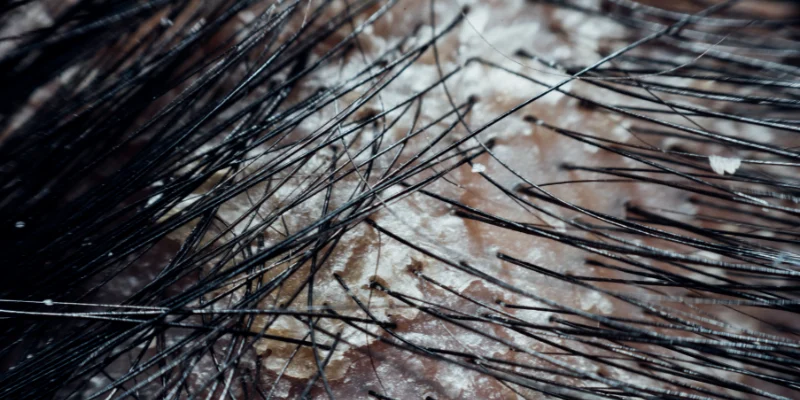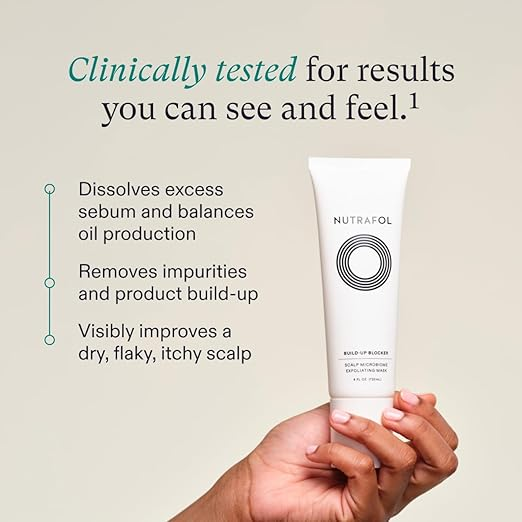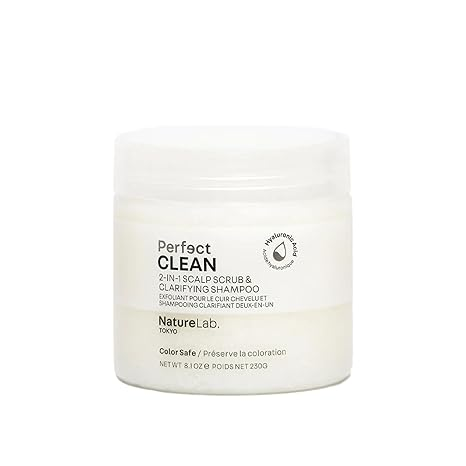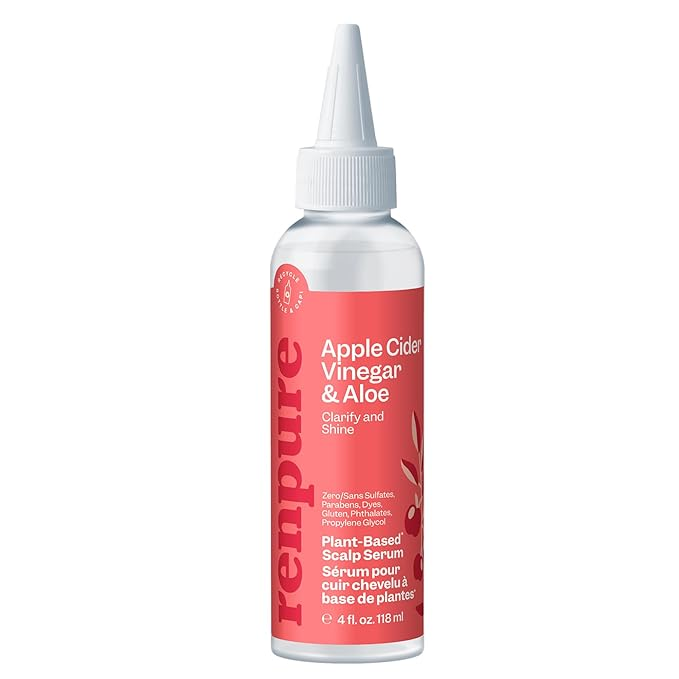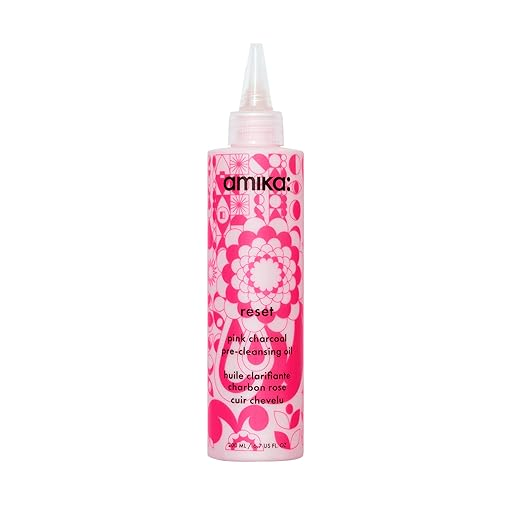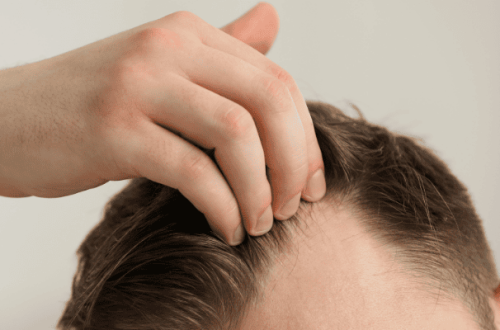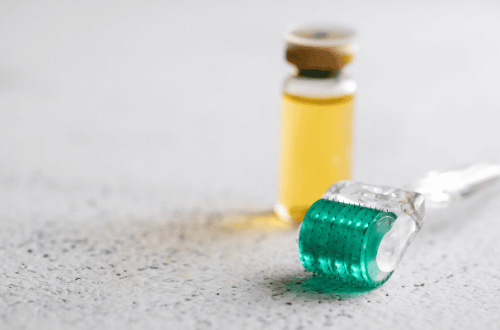Your scalp is home to trillions of microorganisms—bacteria, fungi, and viruses—that form a complex ecosystem known as the scalp microbiome. This invisible community plays a vital role in maintaining scalp health, much like the gut microbiome supports digestion. When balanced, these microbes protect against irritation, regulate oil production, and even influence hair growth. However, common hair care mistakes—like over-washing or using harsh shampoos—can disrupt this delicate balance, leading to dandruff, itching, and hair thinning.
Modern research indicates that many scalp issues originate from microbiome imbalances, rather than solely surface-level problems. For example, an overgrowth of the fungus Malassezia is linked to dandruff, while harmful bacteria can trigger inflammation and hair loss. Traditional hair care often focuses on treating symptoms (like stripping away oil) rather than nurturing the scalp’s natural defenses.
This guide explains how your scalp microbiome functions, why it matters for hair health, and provides practical ways to maintain its balance. By understanding and supporting these microscopic allies, you can achieve a healthier scalp and stronger, shinier hair, without relying on harsh chemicals or quick fixes.
Understanding the Scalp Microbiome
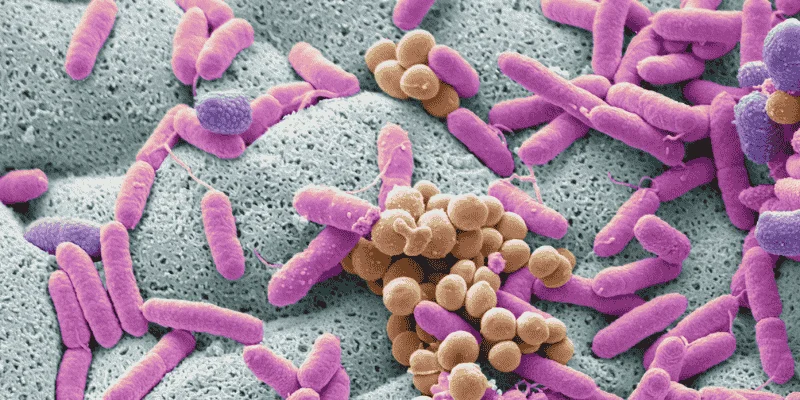
Your scalp microbiome consists of beneficial bacteria (like Staphylococcus epidermidis), fungi (Malassezia), and other microbes that coexist in a delicate balance. These tiny organisms perform essential functions:
- Protection: Good bacteria outcompete harmful ones, preventing infections.
- Oil Regulation: They help maintain natural sebum levels, avoiding excess grease or dryness.
- pH Balance: A slightly acidic scalp (pH 4.5–5.5) discourages harmful bacteria and fungi.
- Hair Growth Support: A balanced microbiome reduces inflammation, which can weaken hair follicles.
However, this balance is easily disrupted. Factors like:
- Harsh shampoos (sulfates, parabens)
- Over-washing (stripping natural oils)
- Stress and poor diet
- Chemical treatments (dyes, relaxers)
…can kill off good microbes, allowing harmful ones to thrive. When this happens, common issues such as dandruff, itchiness, and excess oil can arise. The key to a healthy scalp isn’t sterilizing it—it’s nurturing the right microbes.
How the Microbiome Affects Scalp and Hair Health
An imbalanced microbiome directly impacts scalp comfort and hair quality:
Dandruff & Flaking
An overgrowth of Malassezia fungus feeds on scalp oils, triggering irritation and flaking. Studies show dandruff sufferers have different microbial balances than those with healthy scalps.
Itchiness & Redness
Harmful bacteria (S. aureus) can overgrow, causing inflammation and discomfort. Scratching damages follicles, worsening hair health.
Hair Thinning
Chronic inflammation from microbial imbalance weakens hair roots, leading to increased shedding and slower regrowth.
Oil Problems
Too many oil-eating microbes cause dryness, while others may trigger excess sebum production.
Solution:
Rebalance your microbiome—not by killing all microbes, but by supporting the good ones. Gentle care, probiotic treatments, and pH-balanced products help restore harmony.
Common Scalp Issues Linked to Microbiome Imbalance
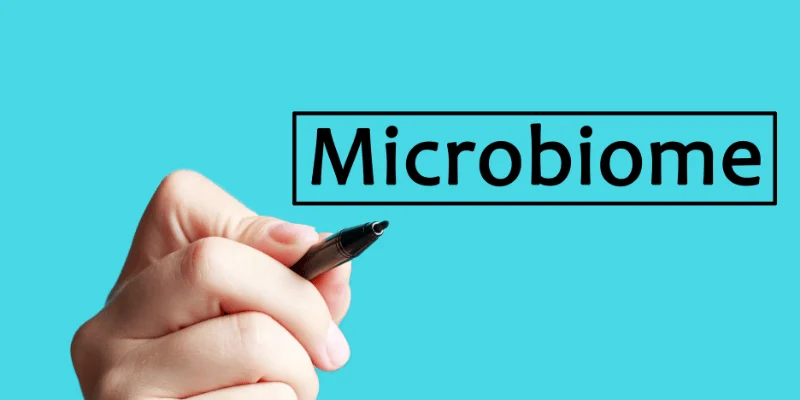
Several persistent scalp conditions can be traced back to microbial imbalances:
- Seborrheic Dermatitis – This condition causes red, flaky skin and is strongly linked to an overgrowth of Malassezia yeast combined with bacterial imbalance. The inflammation triggers excessive skin cell turnover.
- Scalp Acne (Folliculitis) – Painful bumps occur when hair follicles become infected, often by Staphylococcus bacteria that flourish when the microbiome is disrupted.
- Psoriasis and Eczema – While these conditions have genetic components, microbiome imbalance exacerbates symptoms by increasing inflammation and disrupting the skin barrier.
- Chronic Hair Loss – Long-term microbial imbalance creates an inflamed scalp environment that weakens hair follicles and disrupts regular growth cycles.
- Excessive Oiliness or Dryness – Microbes help regulate sebum production. When imbalanced, they can either overstimulate oil glands or fail to properly break down oils.
These issues aren’t just surface problems – they reflect deeper ecosystem imbalances. That’s why traditional treatments, such as harsh anti-dandruff shampoos, often provide only temporary relief. To truly resolve these conditions, we need to restore microbial harmony rather than just attacking symptoms.
Microbiome-Centered Scalp Care Tips
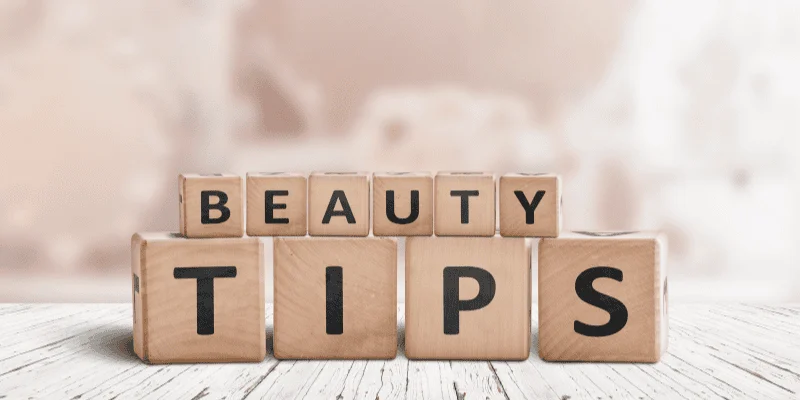
Here’s how to nurture your scalp microbiome:
- Cleanse Gently – Use sulfate-free shampoos with mild surfactants, such as decyl glucoside. Avoid washing more than twice or three times a week to preserve the protective oils.
- Support Good Bacteria – Look for products containing prebiotics (like inulin) and probiotics (like Lactobacillus) that feed and replenish beneficial microbes.
- Maintain Proper pH – Choose products with a slightly acidic pH (4.5-5.5) to discourage harmful bacteria while supporting good ones.
- Treat Carefully – For fungal issues, use targeted treatments like zinc pyrithione or tea tree oil, but avoid overusing them, as they can disrupt the balance.
- Avoid Over-Styling – Heat tools, tight hairstyles, and chemical treatments damage the scalp’s protective barrier and microbiome.
- Exfoliate Wisely – Gentle mechanical exfoliation (using a soft brush) or mild chemical exfoliants (such as salicylic acid) can help without being too harsh.
Remember: The goal isn’t to sterilize your scalp, but to create an environment where good microbes thrive and keep harmful ones in check. This approach offers longer-lasting relief compared to aggressive treatments.
Best Ingredients and Products for Microbiome Health
These ingredients and products effectively support scalp microbiome balance:
Key Ingredients:
- Prebiotics (inulin, alpha-glucan oligosaccharide) – Feed beneficial bacteria
- Probiotics (Lactobacillus, Bifidobacterium) – Replenish good microbes
- Niacinamide – Reduces inflammation while supporting microbial balance
- Zinc Pyrithione – Controls fungal overgrowth without being too harsh
- Tea Tree Oil (diluted) – Natural antifungal that’s gentler than synthetic options
Recommended Products:
A physician-formulated scalp mask designed for women with thinning hair that reduces follicle-clogging oil and product build-up to promote a healthy scalp for improved hair quality. 100% natural fragrance.
Dual-Action Scalp Detox – 2-in-1 scrub and shampoo gently exfoliates with sugar crystals to remove buildup, oil, and product residue—cleansing at the root for healthy, refreshed hair. Hydrates & Boosts Shine – Hyaluronic acid delivers deep hydration while platinum fiber enhances natural shine without heaviness.
Renpure Apple Cider Vinegar Plant - Based* Scalp Serum clarifies and refreshes your scalp with a plant-based formula, designed to penetrate the hair cuticle and enhance shine, hydration, and smoothness for healthier-looking hair.
Purifying pre-wash in an oil-to-foam hybrid with pink clay that removes build-up, invigorates and hydrates to encourage a healthy scalp.
When choosing products, look for those that:
- Are free from harsh sulfates and parabens
- Have a pH close to the scalp’s natural acidity
- Contain nourishing ingredients like ceramides or squalane
- Avoid overwhelming fragrances that can irritate
The best microbiome-friendly products clean effectively while preserving or replenishing the scalp’s beneficial organisms rather than stripping everything away.
Lifestyle Factors That Impact the Scalp Microbiome
Your daily habits significantly influence your scalp’s microbial balance:
Diet:
- Probiotic foods (yogurt, kefir, sauerkraut) support microbial diversity
- Omega-3 fatty acids (found in fish, flaxseeds) reduce inflammation
- Zinc-rich foods (oysters, pumpkin seeds) help regulate oil production
- Avoid excess sugar and processed foods that feed harmful microbes
Stress Management:
- Chronic stress raises cortisol, which disrupts microbial balance
- Practice stress-reduction techniques like meditation or deep breathing
- Regular exercise improves circulation to the scalp
Sleep Habits:
- Poor sleep weakens immune function and microbiome health
- Aim for 7-8 hours of quality sleep nightly
- Use silk pillowcases to reduce friction and irritation
Hygiene Practices:
- Don’t overwash (strips protective oils)
- Rinse thoroughly to remove product buildup
- Avoid sharing combs/brushes to prevent microbial transfer
Environmental Factors:
- Hard water can disrupt scalp pH – consider a filter
- Protect your scalp from sun damage with hats or SPF
- Humidity changes may require adjusting your routine
Small, consistent lifestyle changes often make a bigger long-term difference for scalp health than any single product. Your microbiome responds best to stable, healthy habits rather than quick fixes.
Conclusion: The Future of Hair Care is Microbiome-Friendly
The growing understanding of the scalp microbiome represents a major shift in hair care. Instead of viewing scalp issues as problems to be stripped away or suppressed, we now recognize they often stem from ecosystem imbalances that require careful restoration.
By adopting microbiome-friendly practices:
- You address the root causes of dandruff, itching, and hair loss
- Your scalp becomes more resilient against future issues
- Hair grows stronger and healthier from a balanced foundation
Start with simple changes:
- Switch to gentler, pH-balanced hair products
- Incorporate prebiotic and probiotic treatments
- Adjust washing frequency to your scalp’s needs
- Improve diet and stress management
Remember that results take time – your microbiome didn’t become unbalanced overnight, and restoring it requires patience. But the payoff is worth it: a comfortably balanced scalp that supports your best possible hair health naturally.
